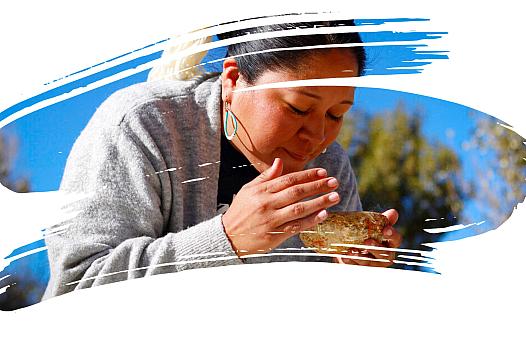
Native Americans travel among the farthest in the nation for maternal care. To fill the void they must rely on each other.

Native Americans travel among the farthest in the nation for maternal care. To fill the void they must rely on each other.
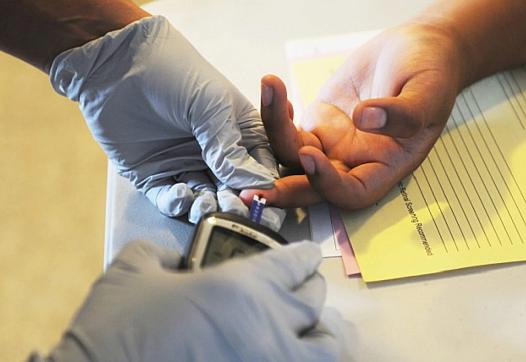
This story is part of a larger series called Diagnosis Diabetes, made possible with a grant from the USC Center for Health Journalism's 2022 Impact Fund for Reporting on Health Equity and Health Systems....
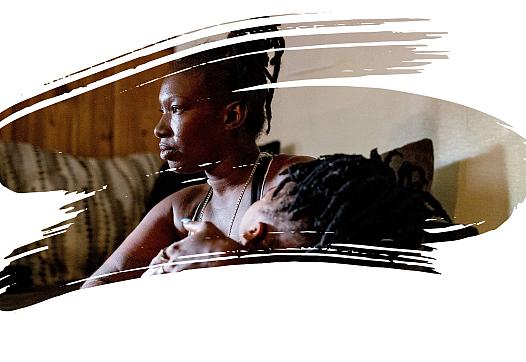
As more rural hospitals and obstetric units close, the federal government is just beginning to define the scope and impact of maternity care 'deserts.'
Employees within the Richmond County School System tell the I-TEAM say it's chaos behind the scenes when it comes to enrolling homeless and vulnerable students missing permanent addresses and transportation to school.
The I-TEAM uncovered more than 11,000 students were chronically absent from schools across Augusta since the start of the pandemic.
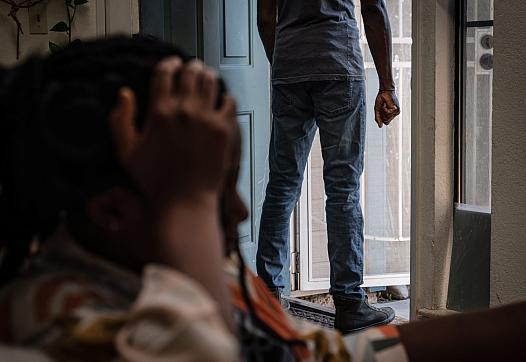
Resources and hope are out there for those affected by domestic violence and intimate partner violence.

Dr. Shani Buggs lends expertise to the local and national discussion.
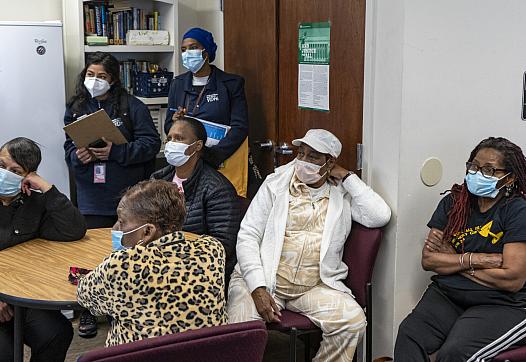
A "high touch" approach to building trust, reducing health inequities, and increase diversity in clinical trials for cancer.

When Anjali Kour’s husband abandoned her in India in 2017 after a 15-year abusive marriage, she lost everything – her home, her finances, and her child.
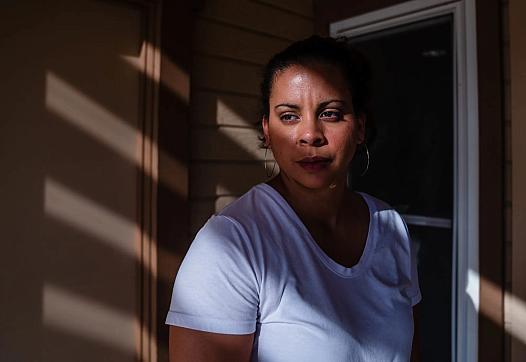
For young women in the armed forces to consider suicide – and act on it – is far more common than their civilian peers, a new analysis by Voice of San Diego finds.